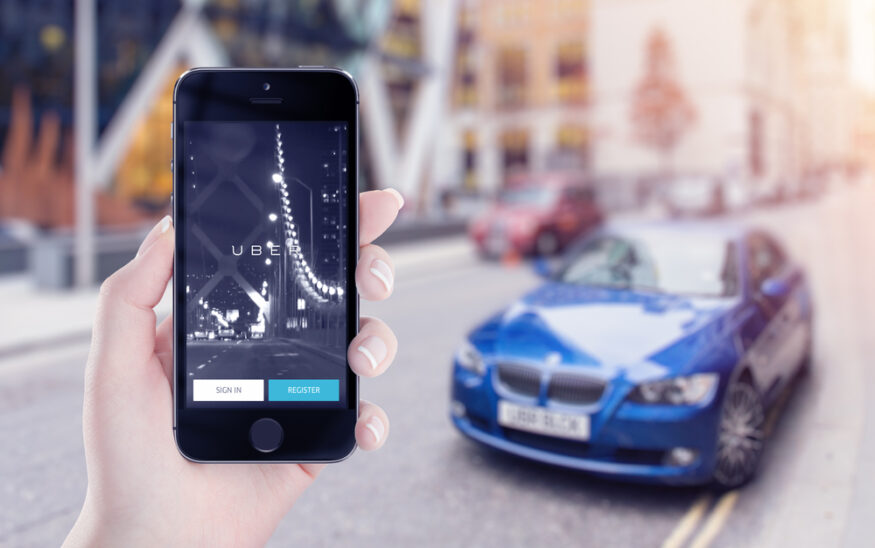Why Uber's Latest Hiccup Impacts the Real Estate Market
The liability issue is not hypothetical as companies continue to integrate technology with intelligence
Glen Weinberg //April 1, 2018//


Why Uber's Latest Hiccup Impacts the Real Estate Market
The liability issue is not hypothetical as companies continue to integrate technology with intelligence
Glen Weinberg //April 1, 2018//

A couple weeks ago, an autonomous Uber vehicle struck and killed a pedestrian. This is the first fatality from a fully autonomous automobile that was using sensors and artificial intelligence to drive itself. Why is this incident important? How does it impact real estate? Why must you watch what happens in this case?
LANDMARK DECISIONS
The recent fatality was the first from a fully autonomous vehicle. What happens because of this accident will be precedent setting. I can guarantee there will be multiple lawsuits that will ultimately end up at the Supreme Court. What happens because of this case will help answer some fundamental questions.
- WHO IS LIABLE?
This is the most pressing legal question. In this case, is Uber liable as the "operate" of the vehicle; is the owner of the vehicle liable even though they didn't create or deploy the software; is the maker of the vehicle liable; are the parts or software developers liable?
The answer is: Nobody really knows until the courts help set the precedent.
2. ONCE LIABILITY IS DETERMINED, HOW DOES THIS CHANGE THE LANDSCAPE
For example, in this case if the court determines the software maker is liable, this will create huge problems for various developers. What kind of insurance would they now need to cover for this liability? Could the software developer even remain in business? These same questions will be asked for whomever is deemed responsible.
WHAT ABOUT REAL ESTATE?
Real estate owners, investors and brokers ought to actively watch how this trial unfolds.
The question of liability will have massive implications for property owners. For instance, many commercial properties today are using autonomous security bots to patrol their properties. For now, these robots record everything they see as they move around the property. Let's say one of those bots bumps into a person and they fall down the stairs. Is the property owner liable for this accident caused by the bot or is the bot manufacturer liable? Does property insurance even cover the risk?
Unfortunately, the liability issue is not hypothetical as companies continue to integrate technology with intelligence.
For example, the Union Pacific Railroad has a fleet of unmanned drones that fly over their train yards to spot possible safety infractions. The goal is to help keep work sites safer by ensuring workers follow various safety protocol – like not crossing between moving cars. This sounds fine, until one of the drones crashes and hits a worker or distracts a worker that then gets hurt.
Who is liable in this situation? Is it the property owner? Is is the tenant occupying the property? Is it the drone manufacturer?
THE LIABILITY IS NOT HYPOTHETICAL
The recent Uber case will be a test case that is precedent setting.
This case will answer the question of liability that will impact every property owner. The incident that occurred with the Uber vehicle is no longer hypothetical. These liability issues are floating around now for property owners; the only unknown is who is the liable party.

























